The views expressed in our content reflect individual perspectives and do not represent the authoritative views of the Baha'i Faith.
Can our approach to art unite us? Can art promote justice? How can individual identity be used in art as a means of bringing oneness to humanity?
These are familiar questions for Vancouver-based artist Marika Yeo, who is currently in a social justice graduate program, studying through the critical creative stream. Her work focuses on how art can be used to move through the contemporary systems and modes of thinking that solidify separateness.
Amidst an industry heavily based on racial, cultural, spiritual, political and gender identity, Marika seeks answers about how such positions and perspective unite and divide us. Marika’s exploration intends to engage in discourses and artistic practices focused around oneness, and to use this as a foundation and point of departure for thinking about justice.
In part one of this two part series, we learn about Marika’s personal creative journey through visual art and clay, and how an exploration of her own identity, culture and race led her to a professional career in art and social justice.
Q: What is your first clear memory of exposure to art—and how did it make you feel?
A: I remember painting with my aunt from a very young age—and feeling this was a special time, not so much because of the process of creating art, but because of the love she showed me when we would paint together. She was always so patient with me, and it was a space where I felt it was okay to make mistakes. She never judged me for what I was making or how I went about making it. Her encouragement at this time in my life is something I have always cherished. I think we can see art as a way of knowing and learning in relation to this. It gives us the possibility to develop certain spiritual qualities along with the courage to act, even if we might make a mistake.
Q: How did that early interest in art evolve into your profession?
A: Art eventually became a way of knowing and connecting to my family and cultural background through the use of clay and the coming together of different patterns and modes of making. It led me on a path of trying to figure out a way of thinking about the global present—and my personal history and ethnicity—in a way that would not be divisive or oppositional. It seems to have kind of naturally led into a potential career path after being connected with professors and artists thinking about similar things. I contemplated how I could contribute to the discourses in society through my art, and I’ve felt grateful to have been able to begin learning about that in relation to the arts and how we think about justice.
Q: Much of your art focuses on identity, what experiences did you have growing up that informed your perceptions and curiosities? How did this inform your creative approach today?
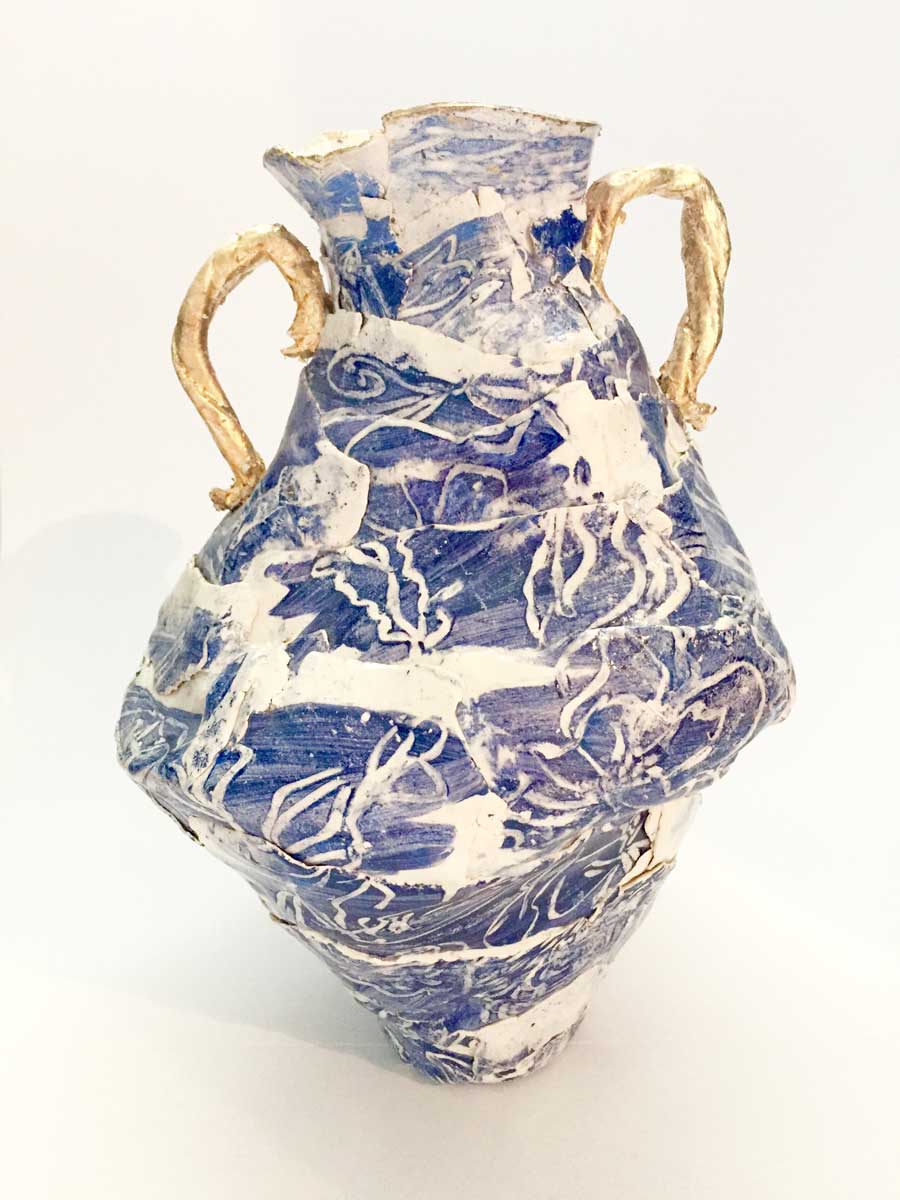 A: I think early on I did focus a lot on identity as it related to race and culture. I was interested in my own cultural background and how I could make sense of information that was lost through the process of colonization. I then started to realize that this type of focus on identity perhaps wasn’t the route I wanted to go, and that it was taking me further and further away from how I viewed the question of identity spiritually.
A: I think early on I did focus a lot on identity as it related to race and culture. I was interested in my own cultural background and how I could make sense of information that was lost through the process of colonization. I then started to realize that this type of focus on identity perhaps wasn’t the route I wanted to go, and that it was taking me further and further away from how I viewed the question of identity spiritually.
Through working with other professors in this field, I started to question why certain categories (particularly raciality) existed in the first place. Right now I’m trying to figure out a way to explore ideas of justice, raciality and the arts without solidifying the same systems that have created these divisions to begin with.
Q: Could you expand on how the exploration of identity, race, culture—in particular the concept of colonizer vs. colonized—through art, lead you to themes relating to social justice?
A: I think early on in my exploration of these themes I had a pretty simplistic view. I began exploring the idea of colonizer and colonized within my own identity, but soon I began to feel that somehow the framework for my thinking around these subjects wasn’t inherently based on the oneness of humanity. My art reflected the idea of two “races” coming together in a sense; however, I had not really yet come to the point of questioning why I believed in these divisions of identity to begin with. This is where I am now. I’m trying to think about how the arts can be used to shift certain ways of speaking about our global present, without reifying the conditions that perpetuate the divisive systems that supported these injustices in the first place, as this quote from the Baha’i teachings reveals:
The source of crafts, sciences and arts is the power of reflection. Make ye every effort that out of this ideal mine there may gleam forth such pearls of wisdom and utterance as will promote the well-being and harmony of all the kindreds of the earth. Under all conditions, whether in adversity or at ease, whether honoured or afflicted, this Wronged One hath directed all men to show forth love, affection, compassion and harmony. – Baha’u’llah, Tablets of Baha’u’llah, pp. 72-73.
Q: As a Baha’i, how would you define “identity?” Does this differ from the wider society?
A: In my understanding, the idea of identity would be rooted in spiritual identity: one who recognizes the oneness of God, and who knows and worships Him. I think recognizing the Oneness of God also allows us to recognize the oneness of humanity. So, my understanding of identity then is shaped by this recognition.
I think the gift of the Baha’i writings allows us to understand this more fully; however, I have met many scholars and artists who also see individual identity as being inextricably linked to the collective whole—which is encouraging to see, considering the rampant forces of extreme individualism that simultaneously exist within our society today.
Q: Could you share your understanding of how identity and identity politics are linked to art in contemporary society and the types of discourse that stem from this connection? Do you believe that this is a hindrance or advantage to addressing social justice issues? Do you believe it’s possible for artists to create art that removes those individualistic constructs?
A: I think identity politics can be a bit tricky. I have many concerns with it, which are a bit hard to summarize here, but one of these concerns would be that it often leads to a conversation about “who can have the right for a seat at the table” in our society’s current political system. This can take away the focus from why exactly the table/system exists in the first place which can, from my perspective, be a hindrance to the type of transformation that we are being called to create through the community building activities of the Baha’i Faith.


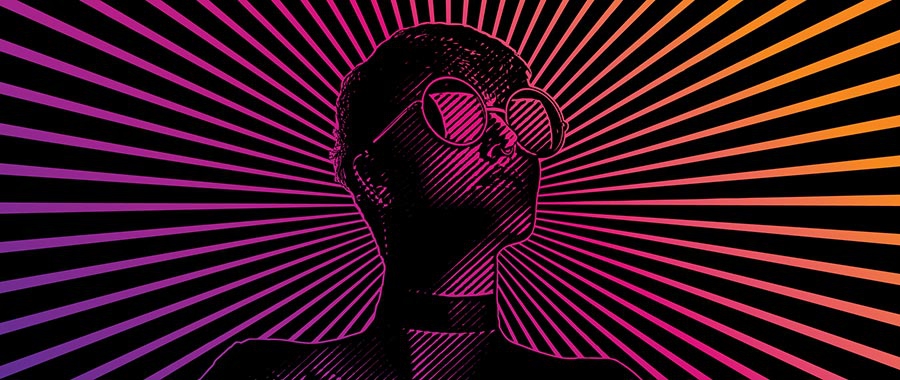
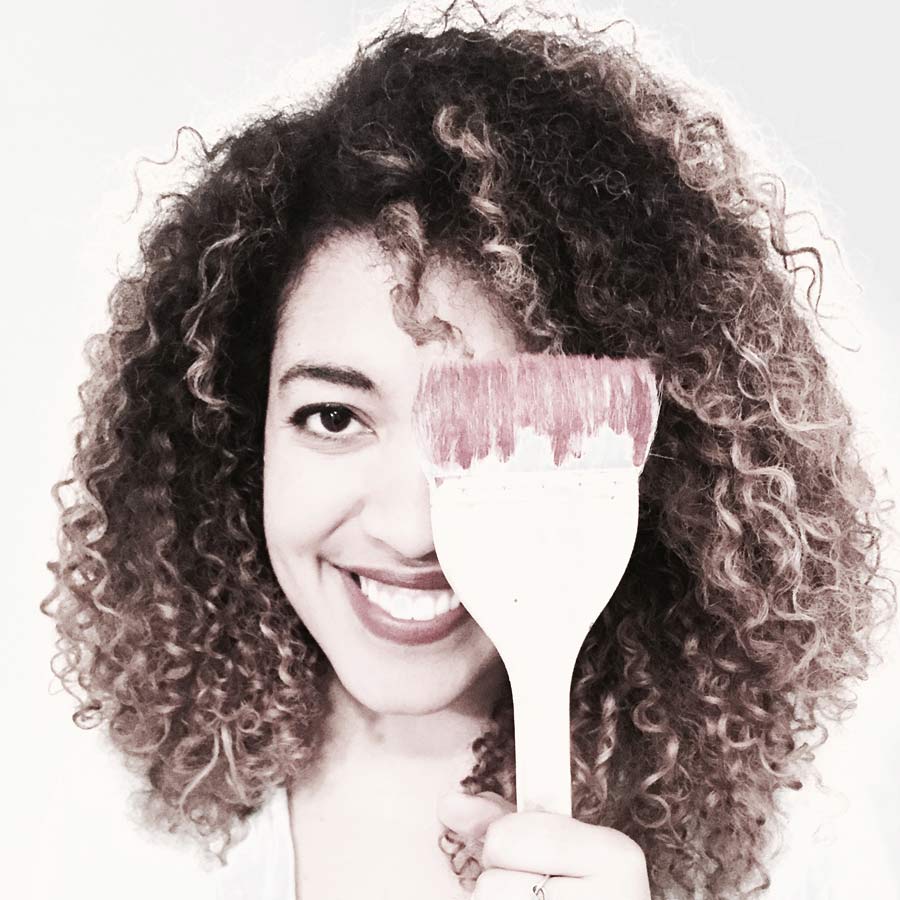
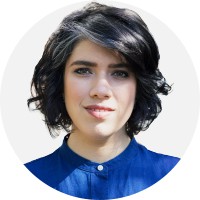

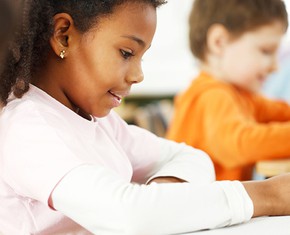










Comments
Sign in or create an account
Continue with Googleor